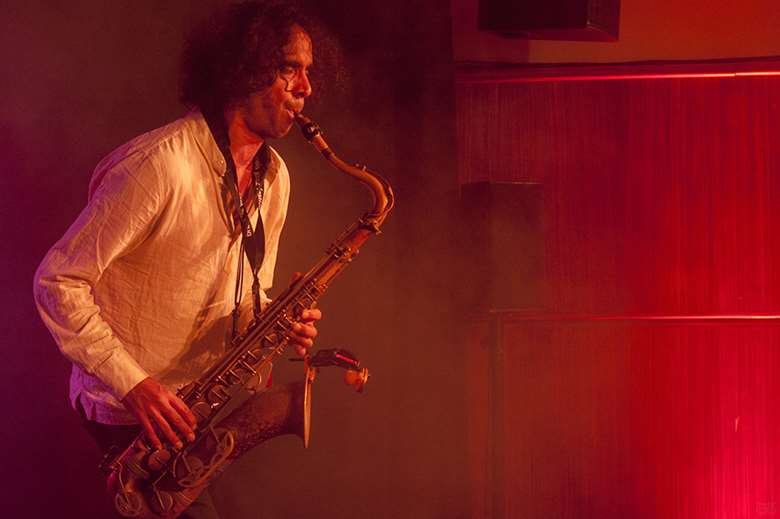Wildflower power-up Brussels Jazz Festival
Martin Longley
Tuesday, January 21, 2020
The tenor power of Idris Rahman makes for a standout show on this diverse and exciting festival bill


Register now to continue reading

Thank you for visiting Jazzwise.co.uk. Sign up for a free account today to enjoy the following benefits:
- Free access to 3 subscriber-only articles per month
- Unlimited access to our news, live reviews and artist pages
- Free email newsletter